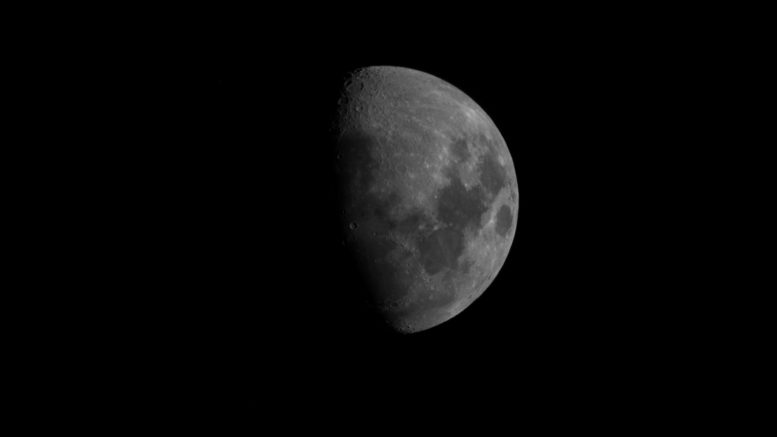Unlike some of our other work and stories, such as navigating the acquisition of land for astronomical use, this story is going to be more lighthearted and a good story. It might lead to a bigger discussion about religions in space and space religion, but for now, here is the story of “The Moon Bishop.”
This story involves the founding of new diocese, governmental missions of exploration, the church, and law. Although this might sound like the recipe for a colonial disaster about Europeans exploring the new world, this couldn’t be further from the truth.
The date is July 20th, 1969, the scene is the moon; more specifically the Sea of Tranquility as Apollo 11 makes a historic landing of men on the moon. Neil Armstrong and Buzz Aldrin land on the moon, collect samples, and safely return to Earth. This was the pinnacle of a decades long space race between the Russians and the Americans during the Cold War. Russia took an lead in the space race, but the US came back after US President John F Kennedy gave his famous “We choose to go to the Moon” speech.
After returning home and the samples and astronauts were safely returned to Earth, the bishop of Orlando had an interesting issue at hand. Although the plans for further lunar missions ended after Apollo 17, there had been plans and some calls for some future permanent lunar habitation. In the case of lunar habitation, who would have ecclesiastical jurisdiction over the moon?
Under the 1917 Code of Canon Law, any newly explored territory would come under the ecclesiastical jurisdiction of the port of departure, which would have made the Diocese of Orlando responsible for the moon following the flight of Apollo 11. If this were to hold up, the total area of the Orlando diocese would be 14,657,051 square miles, making it the largest Catholic diocese in existence.
Ironically, the diocese of Orlando was founded in 1968 and saw William Borders appointed the areas first bishop. When he saw Pope John VI later in 1969 after the Apollo landings, Borders did ask the pope about the legality of claiming the moon under ecclesiastical jurisdiction for Orlando, which was the port of departure for Apollo 11. Borders never received an answer definitely in one way or the other, which meant the issue was ignored and Borders never did receive a reply.
Years later Borders would become the 13th Archbishop of Baltimore, Maryland in the 1980s and the 1917 Code of Canon Law would later be replaced by the 1983 Code of Canon Law. It is unsure how jurisdiction for future space colonies would be handled by the church or any religious organization for the matter of fact. Since there have been no permanent human presence on celestial bodies, there has yet to be a need for religious leaders to make such decisions. But when the times come, a decision will be made.

Leave a comment